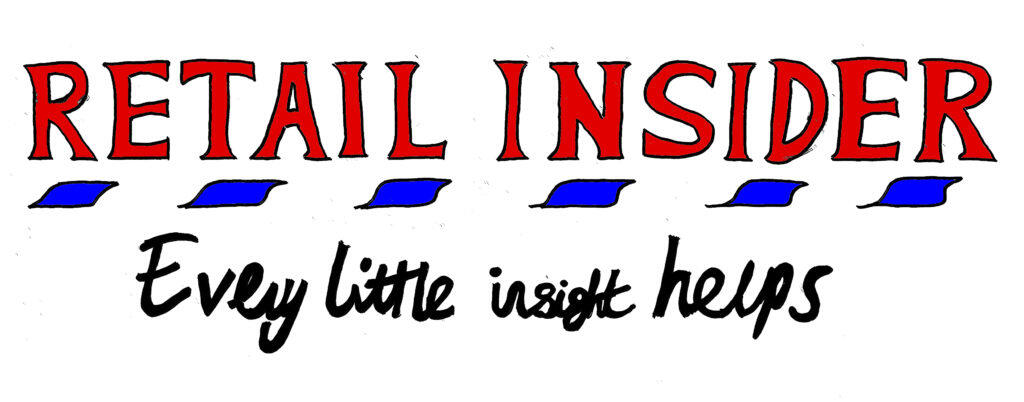Taking stock of market opportunities

After its most-recent fundraising, digital payments company Stripe achieved a value of an incredible $95bn, as it follows in the wake of the likes of Uber, Deliveroo, Darktrace, Square, Airbnb and Palantir in hitting eye-watering valuations before even considering resorting to the public markets to access late-stage funding.
The ability to secure financing from private equity, sovereign wealth funds and other cash-rich sources has made the constantly scrutinised global stock markets rather unfashionable places. This is fully reflected in the UK where, according to research from Statista, the number of companies trading on the London Stock Exchange stood at 2,004 in September 2021 compared with a much healthier 2,429 in January 2015 – a chunky decline of 17%.
While the quarterly reporting and media scrutiny can be a pain for busy chief executives and finance directors, there is no doubt that listed status has been something of a godsend over the last 18 months or so. Pretty much every hospitality company on the stock market has used its equity or tapped into capital markets to raise funds to bolster their balance sheets, while many businesses in private hands have found it much tougher to access funding.
There is no doubt that many of those in the latter camp will continue to find it hard to recover from the debts they have taken on during the pandemic. Government support schemes have undoubtedly kept many companies on life support. From the second quarter of 2020, when the covid restrictions were brought in, up to the second quarter of 2021, when things began to open up again, there were just over 11,000 registered company insolvencies, according to the UK Insolvency Service. This compares dramatically with the same period in 2020, when there were almost 17,000 insolvencies. The 31% quarter-to-quarter jump in the second quarter of this year gives a dark indication of what we can expect to come.
It is hard to see such businesses being in the frame for expansion, whereas in complete contrast, we have the listed operators increasingly flexing their financial muscles as they take the opportunity to grab new sites. Many of these outlets would simply not have been available pre-pandemic, or they would have been significantly less attractive financial propositions.
With almost 1,000 licensed premises having closed between July and September, according to the Market Recovery Monitor from CGA and AlixPartners, and numerous retailers shutting up shop or slimming down their portfolios, there are myriad deals to be done for cash-rich listed hospitality companies.
In recent weeks, Clive Watson of The City Pub Company has been extolling the virtues of being a quoted company, while Nick Collins, chief executive of Loungers, has detailed how the strength of its plc covenant has enabled the business to not only stick to its 25 sites per year opening strategy, but also take advantage of the company voluntary arrangements of retailers to pick up units in locations where they had fruitlessly been looking for many years.
Tortilla has only recently gained listed status, but already its chief executive, Richard Morris, appears almost like a kid in the candy store with his pocket money safely held in his hand. As he surveys the many site opportunities in locations around the UK, he has stated: “I have been running restaurants for 30 years and I have never seen a property market in the favour of this sector ever. This is a once in a lifetime opportunity, and we are delighted to have got the initial public offering away and been given the opportunity to make the most of it.”
He has found rentals typically dropping by 20% to 30%, and it is a similar story at Fulham Shore, which having undertaken equity fundraisings, is now confidently looking at as many as 150 sites for its medium-term plans for Franco Manca and The Real Greek. Like his listed contemporaries, David Page, chairman of Fulham Shore, is enjoying debt-free status and having the firepower to take advantage of rental discounts and significant landlord contributions.
It is not solely the listed players that are active in the market, because the likes of D&D and the Rooney Anand-led RedCat Pub Company are on the hunt for more sites, but it is probably fair to say that the public markets have not looked as attractive for quite some time for expanding operators. That’s why the likes of Giggling Squid, Hawksmoor and BrewDog will be hoping the current uncertainty in the hospitality industry begins to settle down, and a window within which to undertake initial public offerings opens up again.
Glynn Davis, editor of Retail Insider
This piece was originally published on Propel Info where Glynn Davis writes a regular Friday opinion piece. Retail Insider would like to thank Propel for allowing the reproduction of this column.

